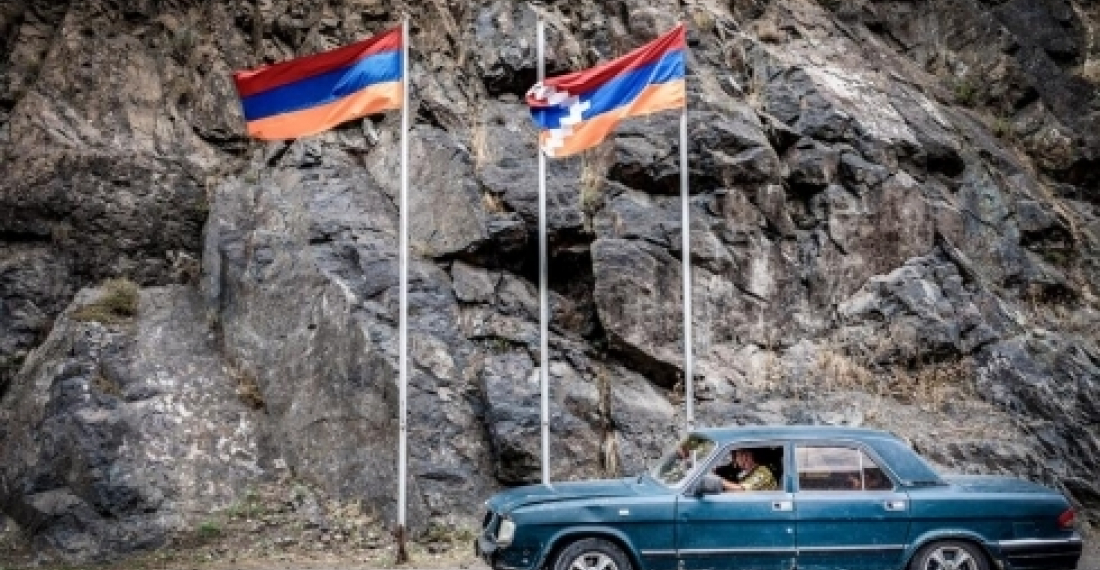Two Armenian soldiers were killed by Azerbaijani shelling on Friday night, as fighting continues over the disputed region of Nagorno-Karabakh, with each country accusing the other of breaching an agreement to cease hostilities.
The worst fighting in two decades broke out on April 2, followed by a ceasefire brokered by Russia three days later, but both sides continue to accuse the other of violating the deal and targeting civilians.
Local media identified the two Armenians killed overnight as Garik Movsisyan, born in 1997, and Vazgen Harutyunyan, born in 1968.
The two men “received fatal injuries as a result of the armistice violation by Azerbaijan in the northern (Talish) direction,” according to Armenian media.
Armenia accused Azerbaijan of breaching the ceasefire “along the entire line of contact” overnight, using mortars and grenade launchers as well as small arms.
Meanwhile, Azerbaijan said the country’s armed forces were only retaliating to Armenian aggression.
Vagif Darghali, a spokesman for the Azerbaijani defence ministry, told reporters on Friday that the country’s armed forces have orders not to fire on civilian areas. The Armenian leadership has been making similar claims.
Ceasefire violations have been happening almost every night since the Russia-brokered deal on April 5, often resulting in casualties.
“The activities of the adversary will not remain un-responded, while the Azerbaijani side will bear the responsibility for their consequences,” the defence ministry of the self-declared Nagorno-Karabakh republic said in a statement.
SOURCE: commonspace.eu and agencies
PHOTO: Image: The boundary line between Armenia and the self-declared Nagorno-Karabakh Republic (Picture courtesy of Roberto Travan, La Stampa, Italy).






